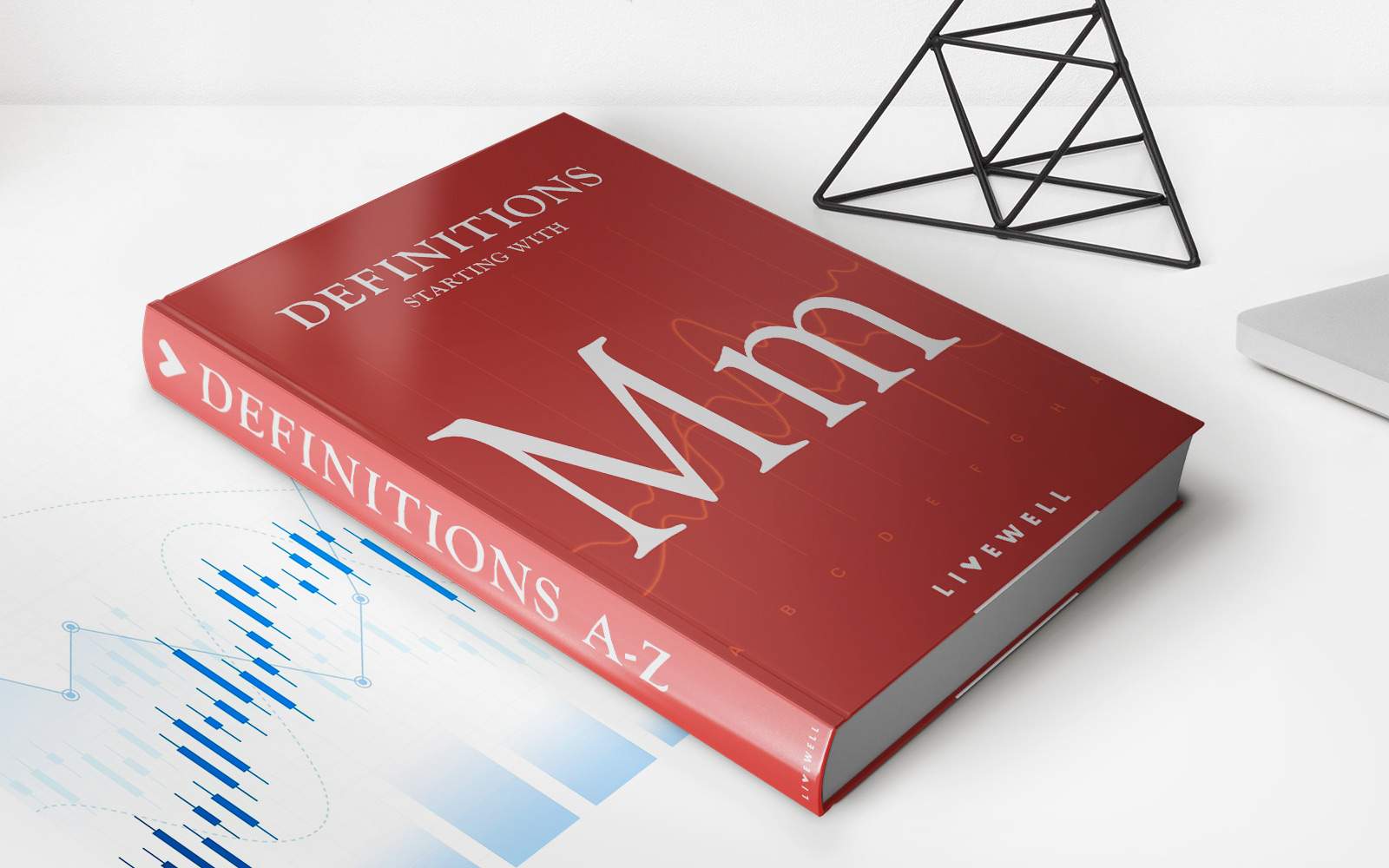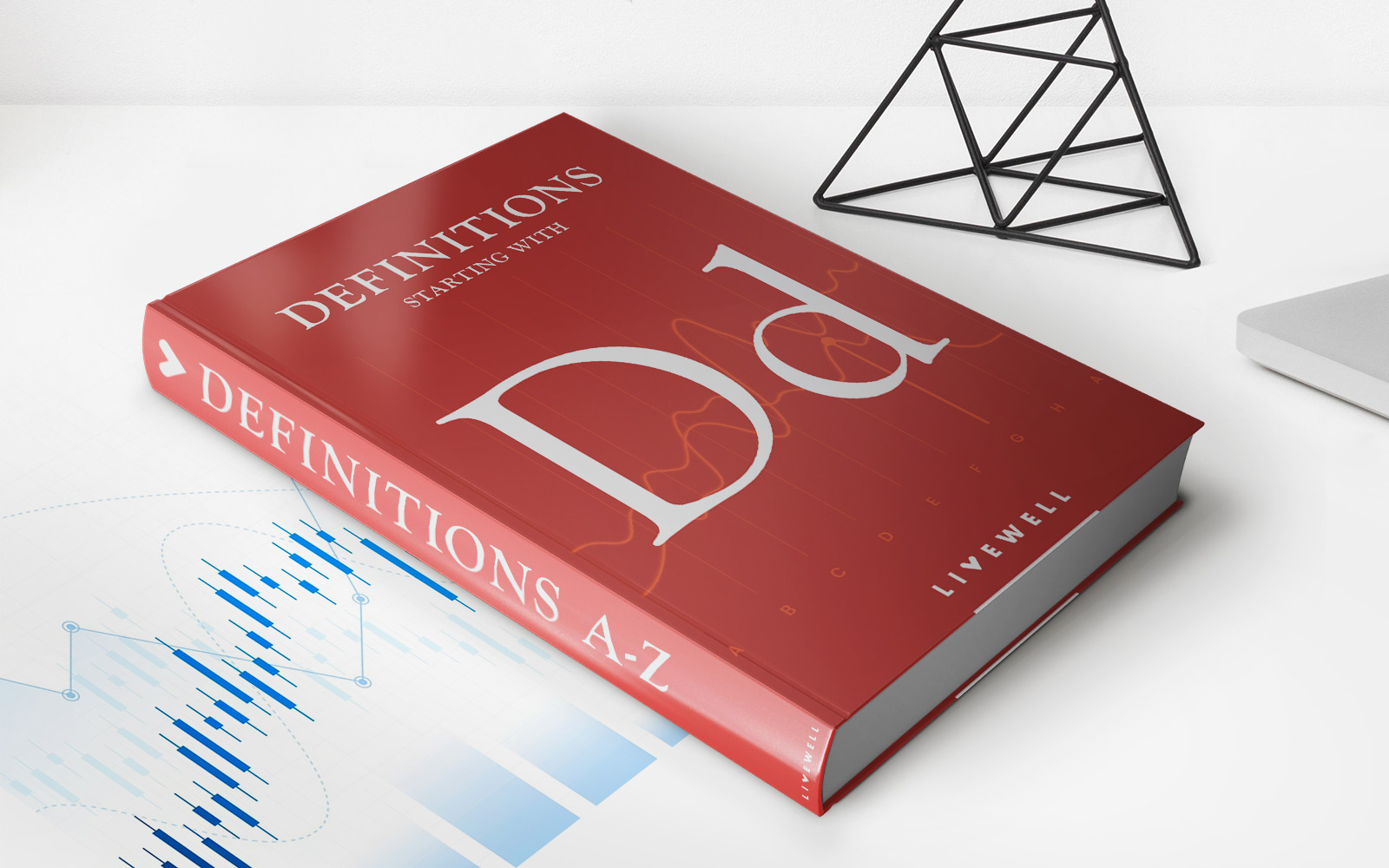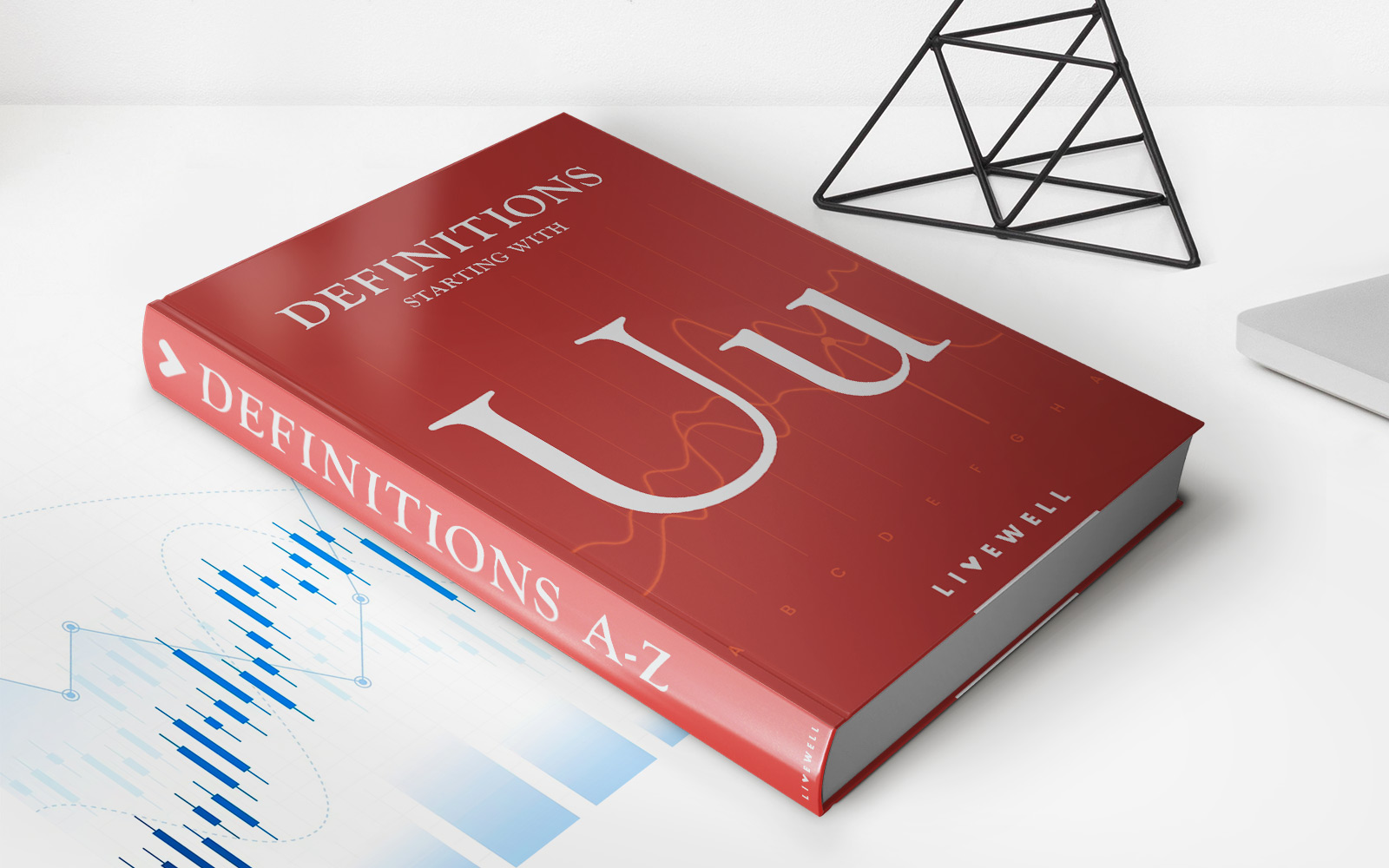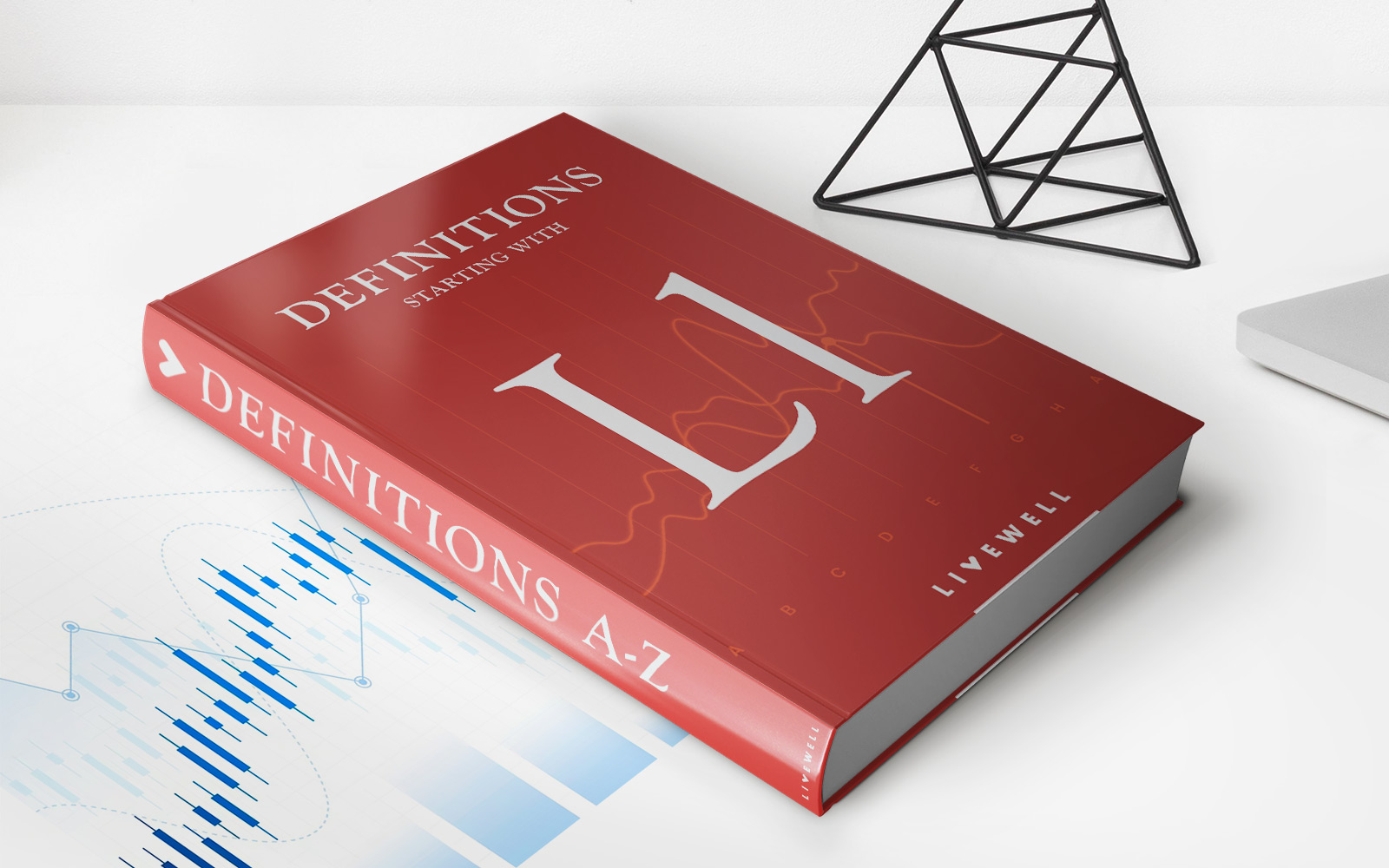

Finance
Miscellaneous Tax Credits Definition
Published: December 25, 2023
Looking for a definition of miscellaneous tax credits in finance? Learn about various tax credits available, their eligibility criteria, and how they can benefit your finances.
(Many of the links in this article redirect to a specific reviewed product. Your purchase of these products through affiliate links helps to generate commission for LiveWell, at no extra cost. Learn more)
Uncovering the Hidden Gems: Miscellaneous Tax Credits Explained
Welcome to our “FINANCE” category, where we delve into various monetary matters that can help you optimize your financial well-being. Today, we’re uncovering the hidden gems of miscellaneous tax credits. Whether you’re a seasoned taxpayer or just starting your journey, understanding these lesser-known credits could potentially save you a considerable amount of money. So, let’s dive in and explore what miscellaneous tax credits are all about.
Key Takeaways:
- Miscellaneous tax credits can help individuals and businesses reduce their overall tax liability.
- These credits often apply to specific expenses or activities, providing cost-saving opportunities.
Now that we have a glimpse of what to expect, let’s explore the world of miscellaneous tax credits in more detail. To begin with, miscellaneous tax credits are incentives offered by tax authorities to encourage certain behaviors or ease financial burdens related to specific expenses. These credits can apply to both individuals and businesses, allowing them to reduce their overall tax liability.
Here are some examples of miscellaneous tax credits:
- Education Tax Credits: These credits are designed to alleviate the financial strain of educational expenses. They can be claimed for qualified tuition fees, textbooks, or even costs incurred for continuing education.
- Energy-Efficient Home Credits: If you have made eco-friendly upgrades to your residence, such as installing solar panels or energy-efficient appliances, you may be eligible for these credits.
- Foreign Tax Credits: If you have paid taxes to a foreign country, you might be able to claim these credits to avoid being taxed twice on the same income.
- Child and Dependent Care Credits: Parents or caregivers who incur expenses for childcare or dependent care services can claim these credits.
- Adoption Credits: Individuals who have gone through the adoption process can claim these credits to help offset the costs.
These are just a few illustrations of the diverse pool of miscellaneous tax credits available. It’s essential to stay up to date with current tax regulations and consult a tax professional to ensure eligibility and maximize your potential savings.
Now, you might be wondering how exactly these miscellaneous tax credits can be beneficial to you. Let’s take a closer look:
- Reduced Tax Liability: Claiming eligible tax credits directly decreases the amount of tax you owe, allowing you to keep more of your hard-earned money in your pocket.
- Financial Incentives: Many tax credits can provide significant financial incentives for specific expenses or activities, encouraging individuals and businesses to make choices that benefit them and society as a whole.
By taking advantage of miscellaneous tax credits, you can not only optimize your financial situation but potentially contribute to a more sustainable and prosperous future.
Remember, taxation laws and regulations are complex and can vary from jurisdiction to jurisdiction. It’s essential to conduct thorough research or consult a tax professional to ensure your eligibility for these credits and make the most of this valuable opportunity.
So, if you’re looking for ways to reduce your tax burden and make the most out of your financial journey, exploring miscellaneous tax credits could be well worth your time and effort!














